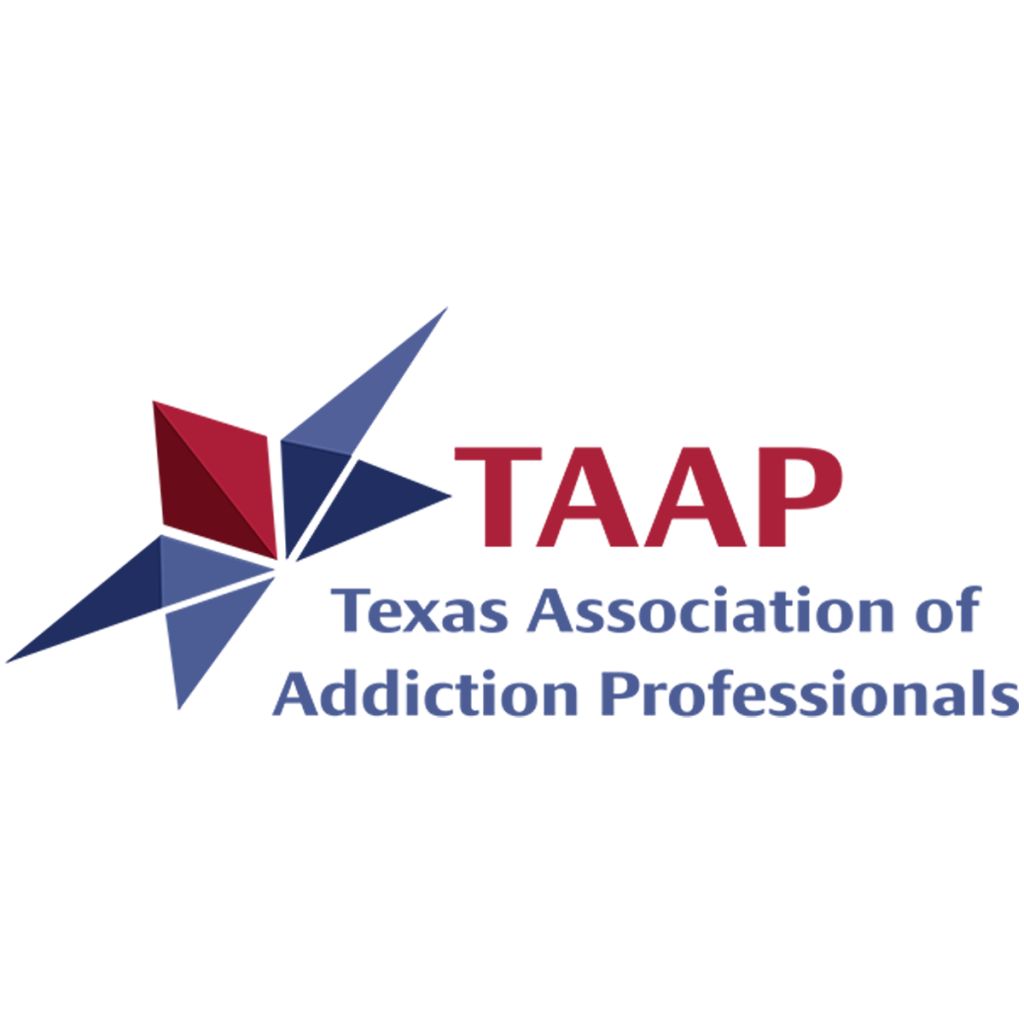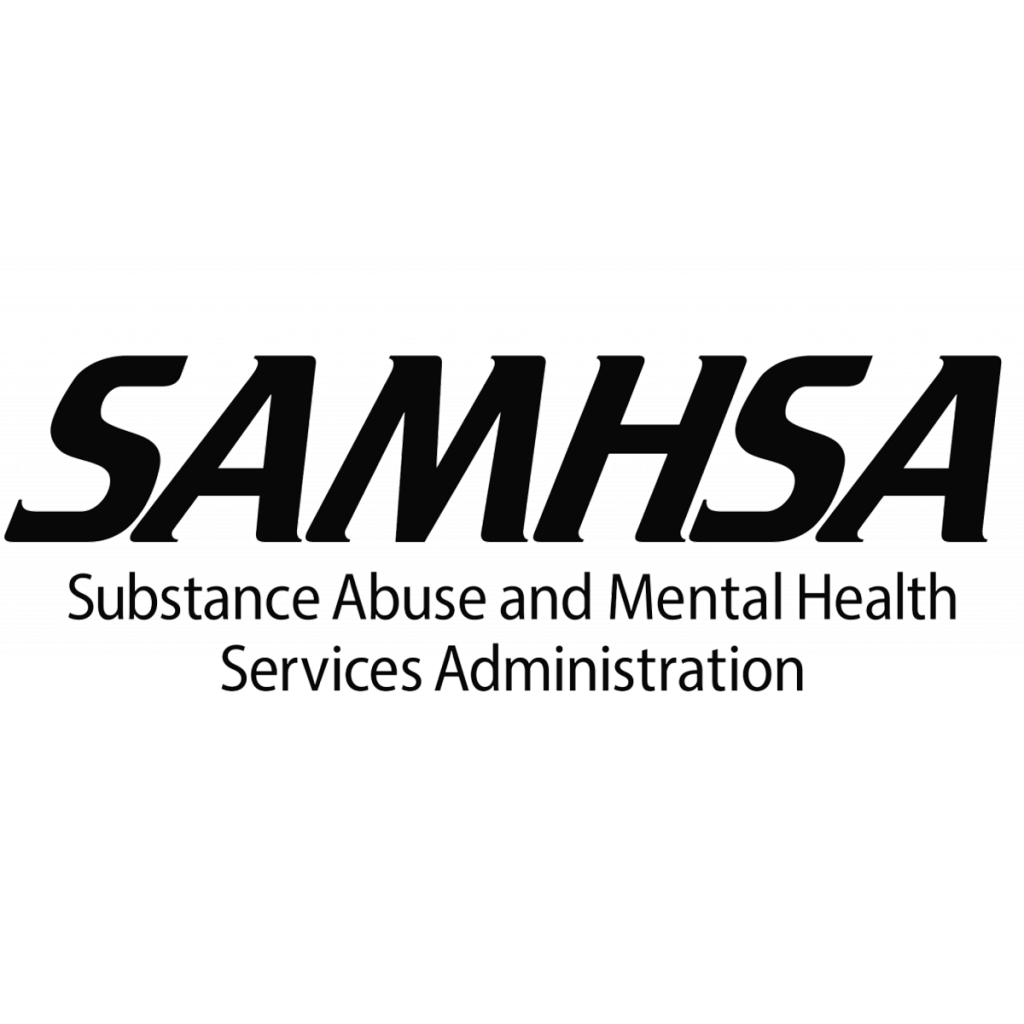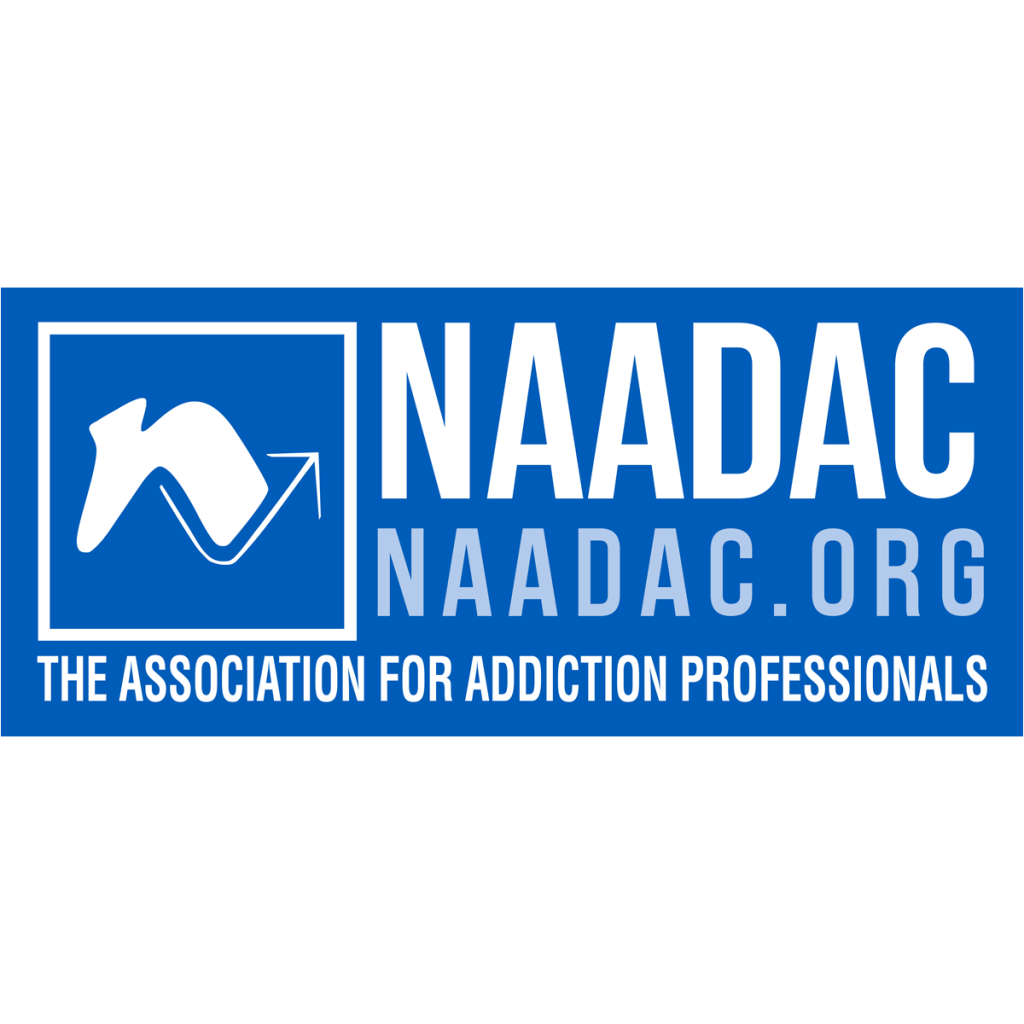Gabapentin
Gabapentin Addiction: Side Effects, Detox Withdrawal, and Treatment
Table of contents
- What is Gabapentin?
- Is Gabapentin Addictive?
- Slang for Gabapentin
- How Common Is Gabapentin Addiction and Abuse in the U.S.?
- What Are the Side Effects of Gabapentin Abuse?
- What Are the Signs and Symptoms of Gabapentin Addiction?
- Gabapentin Detox and Withdrawal
- What Is the Gabapentin Withdrawal Timeline?
- What Is the Treatment for Gabapentin Addiction?
- Inpatient Drug Rehab vs. Outpatient Drug Rehab for Gabapentin Addiction
- Continued Care Options for Gabapentin Addiction Treatment
What is Gabapentin?
Gabapentin is an anticonvulsant drug that acts as a mild tranquilizer and is only legally available with a prescription. It is frequently used to treat seizures and pain from nerve damage. It may also be used for medical treatment during alcohol or cocaine withdrawal, for diabetic neuropathy, restless leg syndrome, or anxiety.
The generic version of gabapentin was first introduced in 2004, so it’s still a new drug and experts aren’t exactly sure how it works. However, they do know that it affects the brain and the nervous system.
Gabapentin comes in the form of capsules, tablets, or an oral solution, and people who abuse it may crush the pills and snort the powder or take the pills with opioid drugs and benzodiazepines to enhance its effects and experience a pleasurable high. Abusing alcohol with gabapentin can cause serious dizziness or sleepiness.
Gabapentin is sold under the following brand names:
- Neurontin
- Gralise
- Gaborone
- Fanatrex
Is Gabapentin Addictive?
Yes. Gabapentin is a commonly prescribed prescription drug and Neurontin may also be abused for recreational purposes. It is not a federally controlled substance in the U.S., but recreational abuse can lead to tolerance, dependence, and addiction.
Slang for Gabapentin
The following terms are street names or slang for gabapentin:
- Gabbies
- Morontin
How Common Is Gabapentin Addiction and Abuse in the U.S.?
Since gabapentin is not a controlled substance in the U.S., it is relatively easy to obtain a prescription for it. It creates feelings of relaxation, euphoria, and calmness in the user, so some people may begin abusing the drug for recreational purposes. Many Neurontin abusers even say the effects are similar to those of marijuana.
People who have had previous substance abuse problems with alcohol, opioids, cocaine, and other drugs also tend to abuse gabapentin. In fact, it is much more likely. According to the medical journal, The Annals of Pharmacotherapy, the rate of gabapentin misuse among the general population was only 1.1 percent while the rate of misuse in addiction treatment centers was 22 percent.
According to the 2017 National Survey on Drug Use and Health, 0.4 million Americans misused prescription sedatives like gabapentin in the past month. Although the first report of gabapentin took place in 2004, the FDA reports that in recent years, law enforcement has encountered it more regularly, it has been documented in national crime lab reports, reported to poison control centers, and diverted for illegal use. Reports from law enforcement also indicate that it is being used as a cutting agent in heroin.
What Are the Side Effects of Gabapentin Abuse?
It’s often difficult to distinguish the side effects of regular gabapentin use from abuse, but these side effects may be more common and intense among those who are abusing Neurontin, instead of using it as prescribed by a doctor.
Common side effects of gabapentin abuse may include:
- Extreme drowsiness
- Dizziness
- Memory loss
- Difficulty speaking
- Jerky movements
- Lack of coordination
- Muscle tremors
Signs and symptoms of gabapentin overdose may include:
- Slurred speech
- Double vision
- Diarrhea
- Extreme drowsiness
What Are the Signs and Symptoms of Gabapentin Addiction?
If you think a loved one is addicted to Neurontin or is abusing it for recreational purposes, he or she may display some of the following signs and symptoms of gabapentin abuse:
- Taking extremely high doses of gabapentin.
- Using gabapentin with other drugs (especially opioids) or alcohol.
- Faking symptoms to get gabapentin prescriptions.
- Doctor shopping (seeing multiple doctors to get gabapentin prescriptions).
- Being preoccupied with using and/or obtaining gabapentin.
- Displaying sudden changes in appearance, hygiene, or social habits.
- Refusing to stop using gabapentin, despite financial problems, relationship issues, or legal problems.
Gabapentin Detox and Withdrawal
Despite its low addictive potential, gabapentin can cause withdrawal symptoms if it is abused. A person may become tolerant and when they stop using it, they may experience withdrawal symptoms. Common gabapentin withdrawal symptoms are:
- Insomnia
- Nausea
- Pain
- Sweating
- Flulike symptoms
- Rebound pain
- Cravings
- Anxiety
- Mood swings
- Suicidal thoughts and/or behaviors
If a person is dependent on gabapentin or addicted to it, he or she may need help quitting. Due to the potentially serious gabapentin withdrawal symptoms, a medical detox program may be the safest and most effective way to detox from gabapentin and any other drug(s) that the person has abused simultaneously.
Since gabapentin abusers often use other drugs to enhance the effects of gabapentin, detox and withdrawal may produce unpredictable effects. As a result, it’s always safest to complete gabapentin detox under the supervision of a trained medical doctor. Gabapentin detox can also reduce the likelihood of relapse and overdose.
[sc name=”phoneinsurancecta”]
What Is the Gabapentin Withdrawal Timeline?
It is difficult to anticipate what the timeline for gabapentin withdrawal will look like because it will vary greatly depending on several different factors, such as:
- Whether the gabapentin use was recreational or for medical purposes
- How much gabapentin was consumed
- If any other drugs were abused simultaneously
- Individual factors like age, overall health, lifestyle, mental health, genetics, etc.
All these factors will determine the length and severity of gabapentin detox and withdrawal.
What Is the Treatment for Gabapentin Addiction?
Since most Neurontin abusers use other drugs to enhance its effects and achieve a recreational high, people addicted to gabapentin will most likely be addicted to other substances like opioids or cocaine.
Therefore, treatment for gabapentin addiction should address polydrug abuse as well as the physical, mental, and social effects that come with it.
After completing gabapentin detox, continuing your addiction treatment by enrolling in a rehab program is an essential part of maintaining your sobriety and preventing relapse. In rehab, you’ll learn the essential life skills to sustain sobriety and address the social, behavioral, and psychological issues associated with addiction.
According to the National Institute on Drug Abuse, long-term addiction treatment of at least 90 days is most effective for people who want to sustain their sobriety for good. Anything less is of limited effectiveness. A 90-day drug rehab program is considered a “long-term program” and is typically comprised of the following things:
- Behavioral therapy
- Individual counseling and group counseling
- 12-step work
- Gender-specific programming
- Chemical dependency education
- Relapse prevention strategies
- Life skills development
- Other alternative therapies (music therapy, animal-assisted therapy, art therapy, etc.)
Inpatient Drug Rehab vs. Outpatient Drug Rehab for Gabapentin Addiction
As you start researching your options for gabapentin treatment, you’ll find that inpatient gabapentin rehab and outpatient gabapentin rehab are two of the most common options. Before you make a decision, it’s important to recognize the differences between the two types of gabapentin treatment.
| Residential gabapentin rehab programs require that you live at the rehab center throughout the duration of your program. You and the other residents will all follow a structured daily schedule to establish consistency on a daily basis. This schedule will consist of individual and group counseling, process groups, educational lectures, meditation, meal and fitness times, and personal free time. Residential rehab may be ideal for someone who struggles with chronic relapse or who needs more structure to succeed in sobriety. |
| Outpatient gabapentin rehab programs provide the flexibility to live at home while attending rehab. If you’re enrolled in IOP, you’ll be required to attend regularly-scheduled group meetings several times each week. These meetings will be facilitated by an addiction treatment professional and will consist of the same important treatment methods and principles provided in residential rehab. IOP may be ideal for someone who requires less structure or needs to live at home to care for children and/or attend school or work. |
The cost of inpatient or outpatient drug rehab will vary based on the type of gabapentin treatment program, the location of the rehab center, the amenities, and the services offered. However, clients have several different payment options to pay for drug rehab, including:
- Health insurance benefits
- Employee Assistance Programs (EAP)
- Financed private healthcare loans
- Out-of-pocket payments
Continued Care Options for Gabapentin Addiction Treatment
After gabapentin rehab, the work isn’t over. Overcoming any addiction, not just Neurontin addiction, will take continuous work and effort. It’s ideal to continue your gabapentin treatment as long as possible because the longer you’re in treatment, the less likely you are to relapse.
Two common types of continuing care programs for people in recovery are sober living programs and aftercare programs.
Sober Living Programs
A sober living program offers transitional housing for men and women in recovery. Sober living homes provide safe, sober group housing for people who have recently completed a rehab program or who struggle with chronic relapse.
Sober living programs are designed to help people in recovery achieve sustained sobriety by providing the following services:
- Regular drug testing
- Tiered recovery programs
- Structured living
- Education/employment/volunteer assistance
- Personal monitoring
- Family support
Although the types of services and amenities may vary depending on the sober living home, transitional housing programs are excellent resources for sober individuals who are transitioning from rehab to an independent sober lifestyle.
Sober living costs will vary based on the location of the home, the types of rooms and amenities available, and the recovery support services that are provided.
Aftercare Programs
Aftercare programs are specifically designed to meet the recovery needs of drug and alcohol rehab alumni. In aftercare, clients meet with their peers in recovery weekly and participate in group sessions that can serve as weekly check-ins.
Recovering men and women in aftercare programs use these meetings as a place to share their struggles, success, and relevant discoveries with peers in recovery, as they continually learn how to live a sober life. As a result, these programs promote personal growth, relationship-building skills, and continued sobriety.
If you or a loved one is struggling with gabapentin addiction and abuse, please contact Nova Recovery Center today. We are here to help and can help you explore your gabapentin treatment options.
Nova Recovery Center offers a large range of substance abuse treatment services: detox, residential, outpatient and sober living.
Treatment Options
Treatment Locations
Call Us Now and Begin Healing at (512) 605-2955
Or text us and we will call you right back.
Not quite ready for a call? You can fill out the form below.
What Makes Us Different
- Gender-specific treatment
- Evidenced-based treatment
- 12-Step immersion
- 90-day residential treatment
- Family program
- Full continuum of care
- Insurance and private pay
100% Confidential Guarantee
Confidential Consultation
Nova Recovery Center is dedicated to helping you or your loved one get help. Please call or fill out this form for a confidential consultation.
One of our understanding, dedicated advisors will contact you about your options. Begin healing today.
Nova Recovery Center is dedicated to helping you or your loved one get help. Please call or fill out this form for a confidential consultation. One of our understanding, dedicated advisors will contact you about your options. Begin healing today.
Gabapentin Addiction FAQs
Yes. While once believed to have low addiction potential, studies and case reports now confirm that gabapentin can lead to dependence, abuse, and withdrawal—especially when used in high doses or mixed with opioids or alcohol.
Common signs include escalating dosage without a prescription, strong cravings, withdrawal symptoms when stopping, and impairments in daily functioning or social responsibilities.
Many misuse gabapentin to amplify effects of opioids or alcohol, seeking relaxation, sociability, or a mild euphoria. It’s also easily accessible and often under-recognized in substance abuse settings.
In the general population, misuse is estimated around 1%, but among individuals with opioid dependence, rates may rise to 15–20%. In addiction centers, up to 22% report misuse.
Withdrawal may include anxiety, agitation, insomnia, headache, nausea, sweating, and in rare cases, seizures—emerging 12 hours to 7 days after stopping.
Symptoms typically begin within 12–48 hours and last up to 7 days, though sleep or mood disruptions may linger longer for some users.
Treatment involves medically supervised tapering, symptom management (for nausea, anxiety, insomnia), and addiction therapy. Severe cases might require inpatient detox with close monitoring.
Yes—high-dose use or combining gabapentin with opioids, alcohol, or sedatives elevates risk of respiratory depression, overdose, and severe withdrawal symptoms.
Off-label, gabapentin may support withdrawal management for alcohol, opioid, or cannabis use—but it is not a primary addiction treatment and should be used under supervision.
Gabapentin isn’t scheduled by the DEA, though multiple states (e.g., Kentucky, Tennessee, Virginia) now classify it as Schedule V due to its misuse potential.
- https://www.drugs.com/ingredient/gabapentin.html
- https://www.accessdata.fda.gov/drugsatfda_docs/label/2017/020235s064_020882s047_021129s046lbl.pdf
- https://www.ncbi.nlm.nih.gov/pubmed/24192603
- https://www.ncbi.nlm.nih.gov/pmc/articles/PMC3404313/
- https://www.ncbi.nlm.nih.gov/pubmed/24192603
- https://www.samhsa.gov/data/report/2017-nsduh-annual-national-report
- http://www.cesar.umd.edu/cesar/drugs/ghb.asp
- https://www.deadiversion.usdoj.gov/drug_chem_info/gabapentin.pdf
- https://www.talktofrank.com/drug/gabapentin
More Time. More Joy. More You. Start Now.
WE ACCEPT MOST INSURANCES







If gabapentin addiction has become more than just a medication—and you’re dealing with cravings, tolerance, or uncomfortable withdrawal symptoms—it’s crucial to reach out for expert help. Nova Recovery Center specializes in gabapentin addiction treatment, offering medically supervised detox, personalized tapering plans, comprehensive therapy, and continuous aftercare tailored to your unique needs.
Don’t let dependency define your life. Call Nova Recovery Center for a free, confidential consultation and insurance verification—available 24/7. Our compassionate team is standing by to guide you toward safe detox, effective recovery, and a healthier, addiction-free future. Your healing journey from gabapentin addiction starts with that first courageous call.
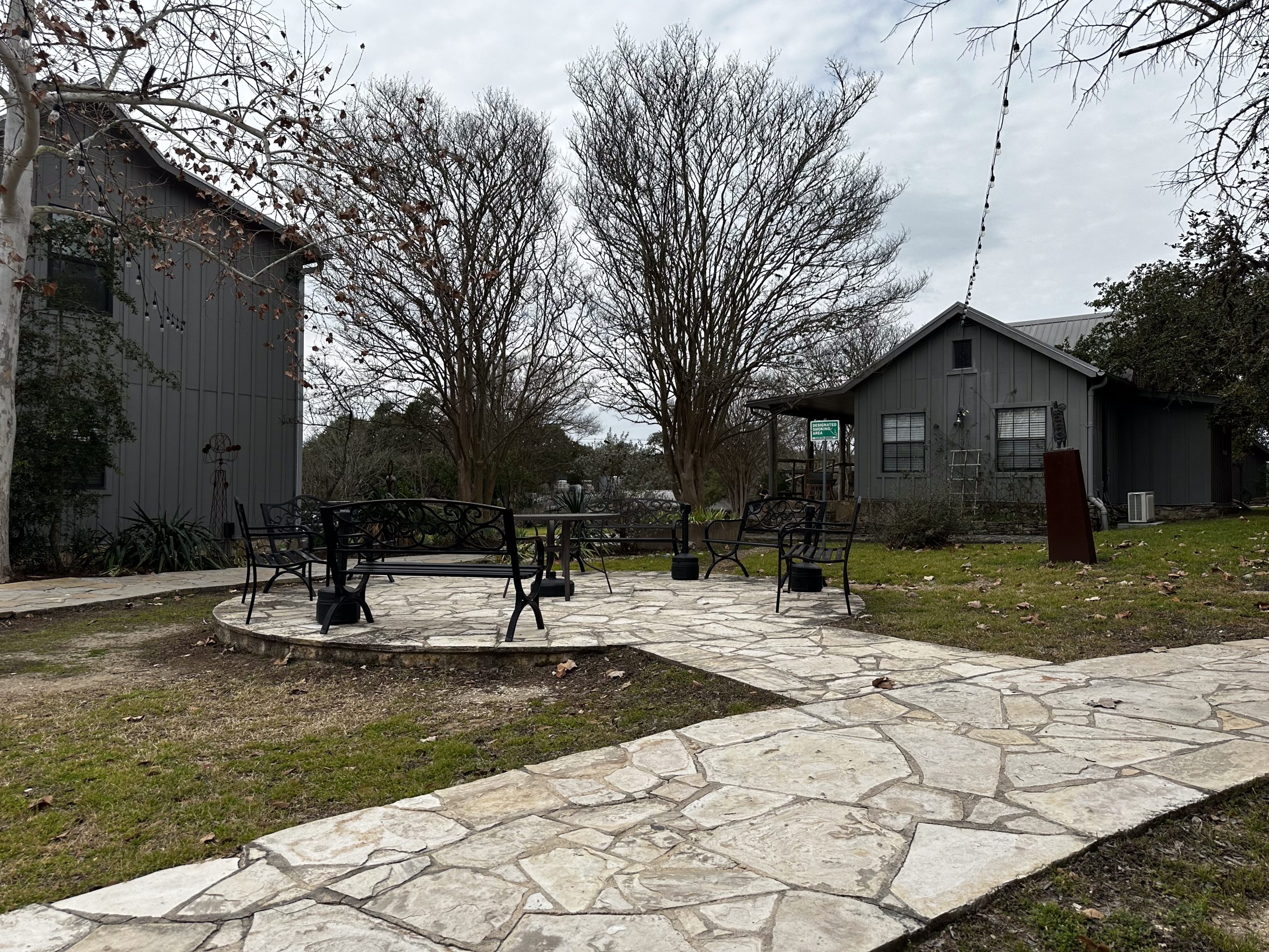

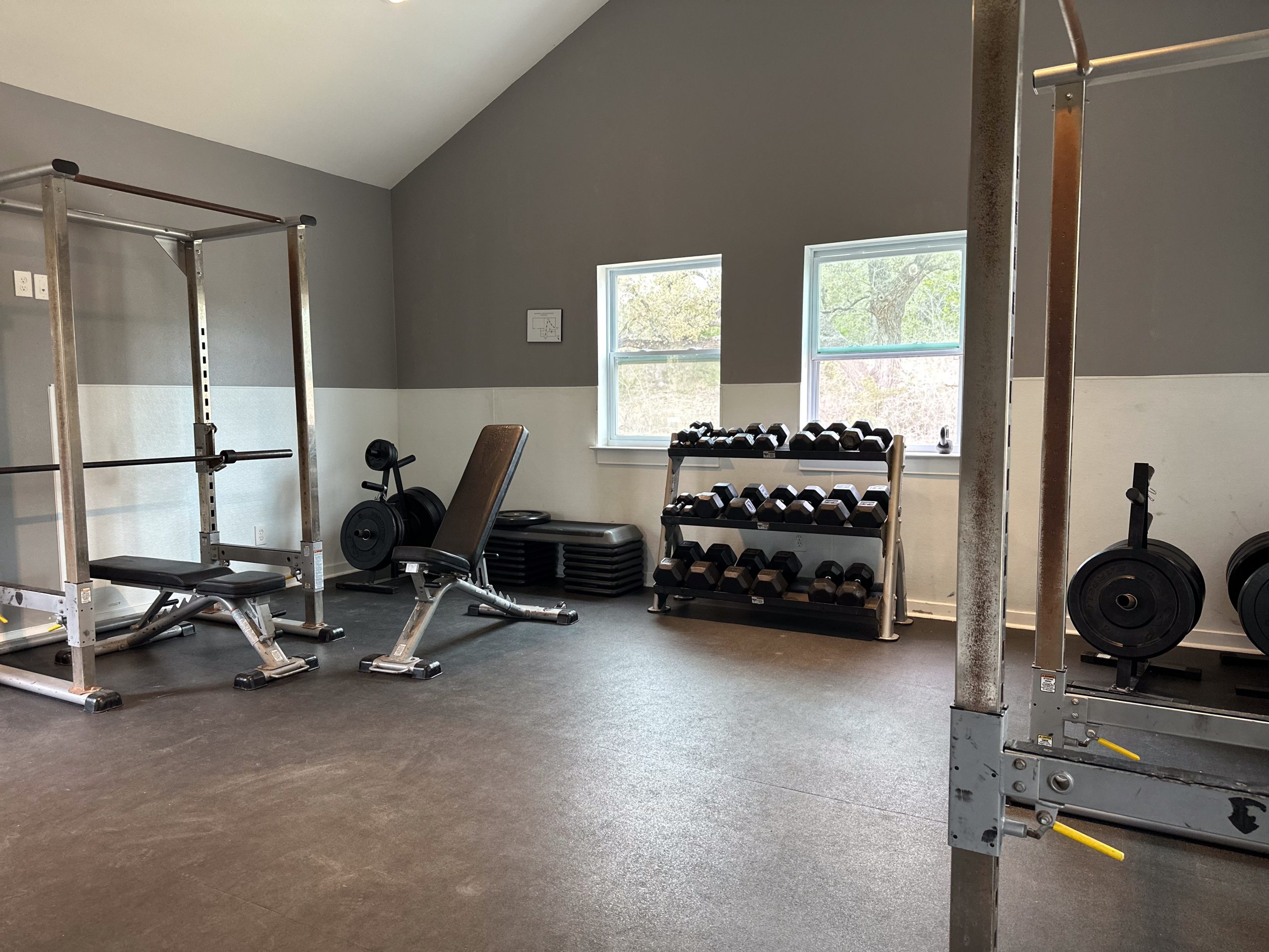
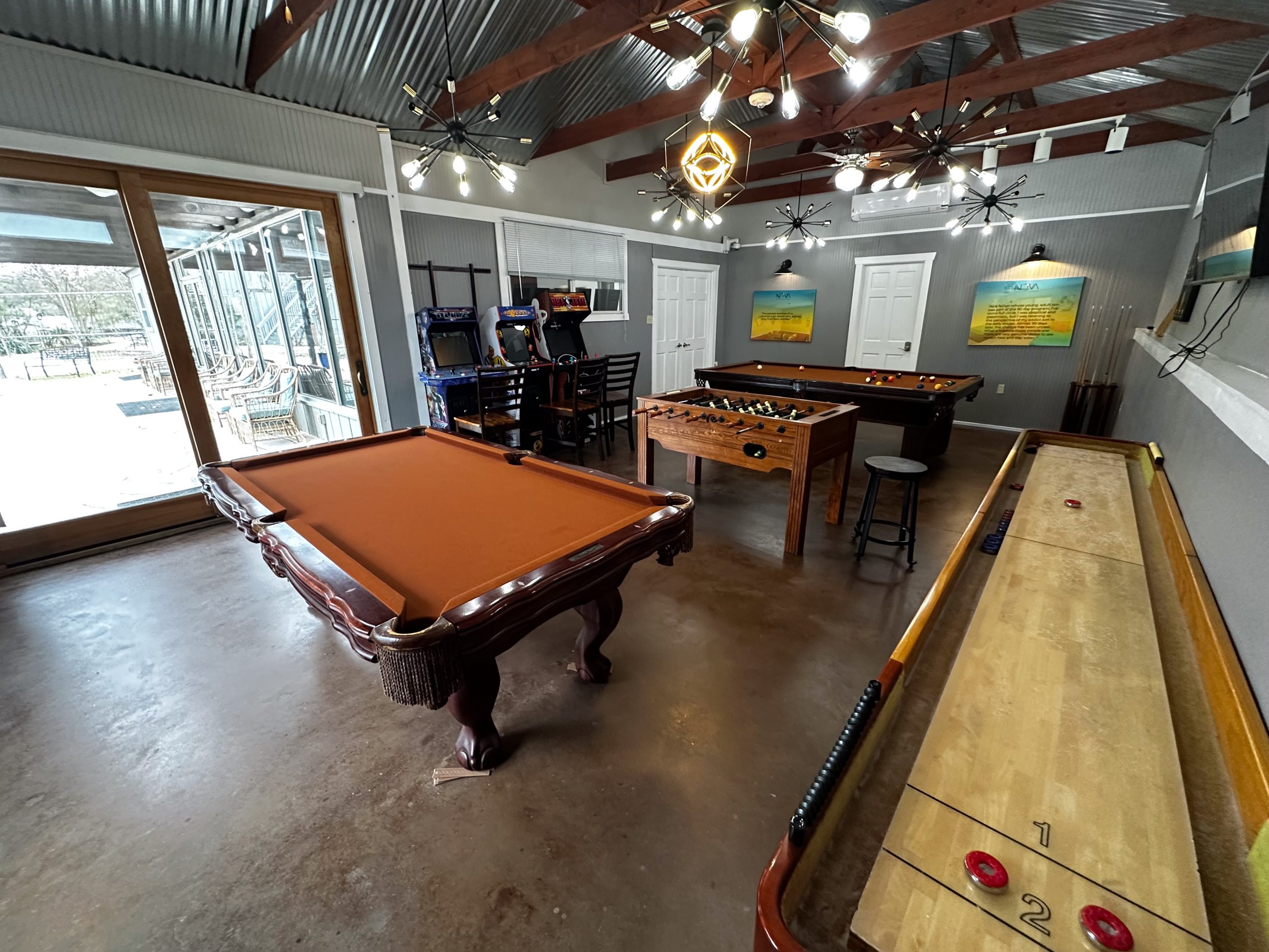
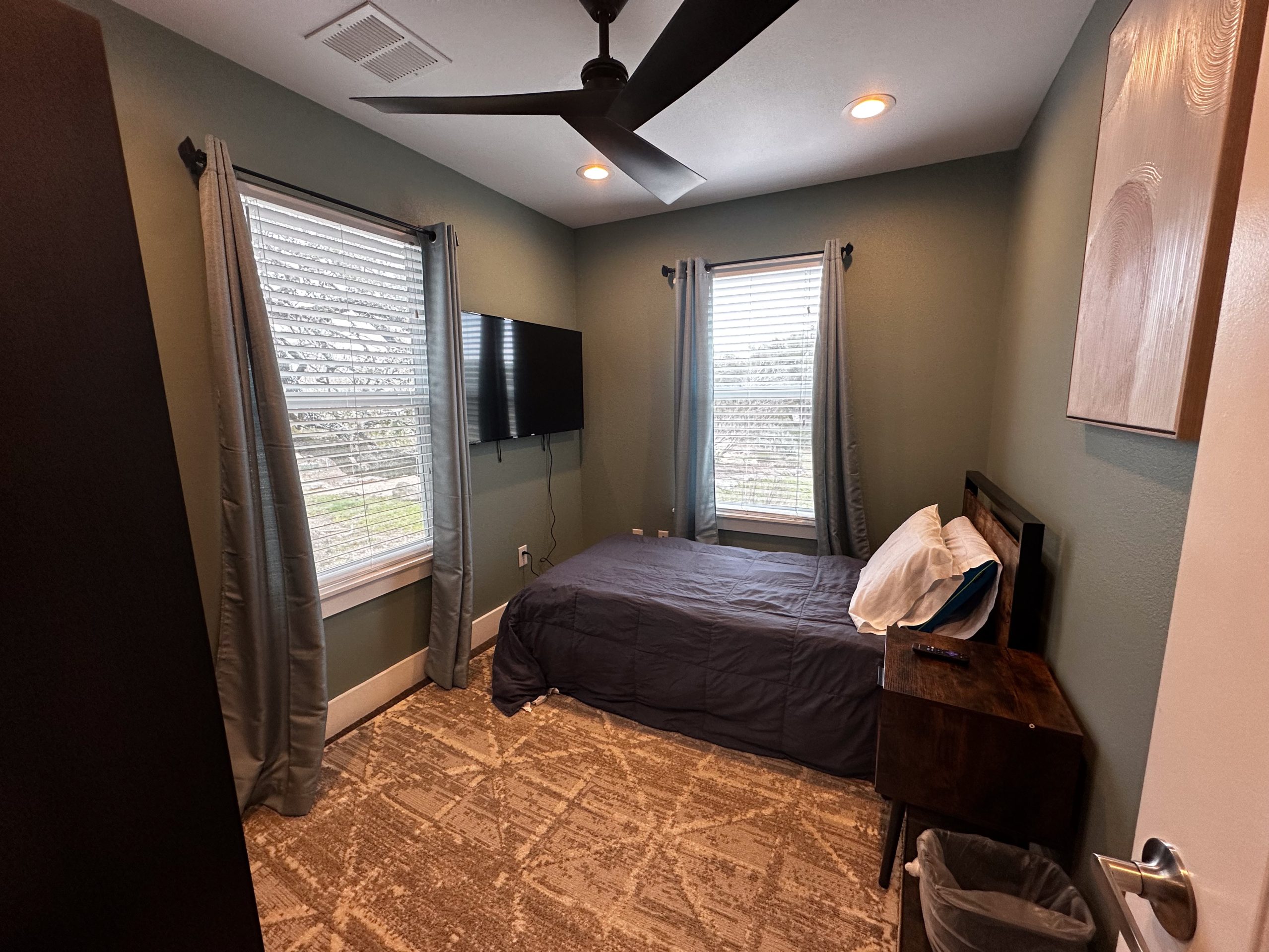

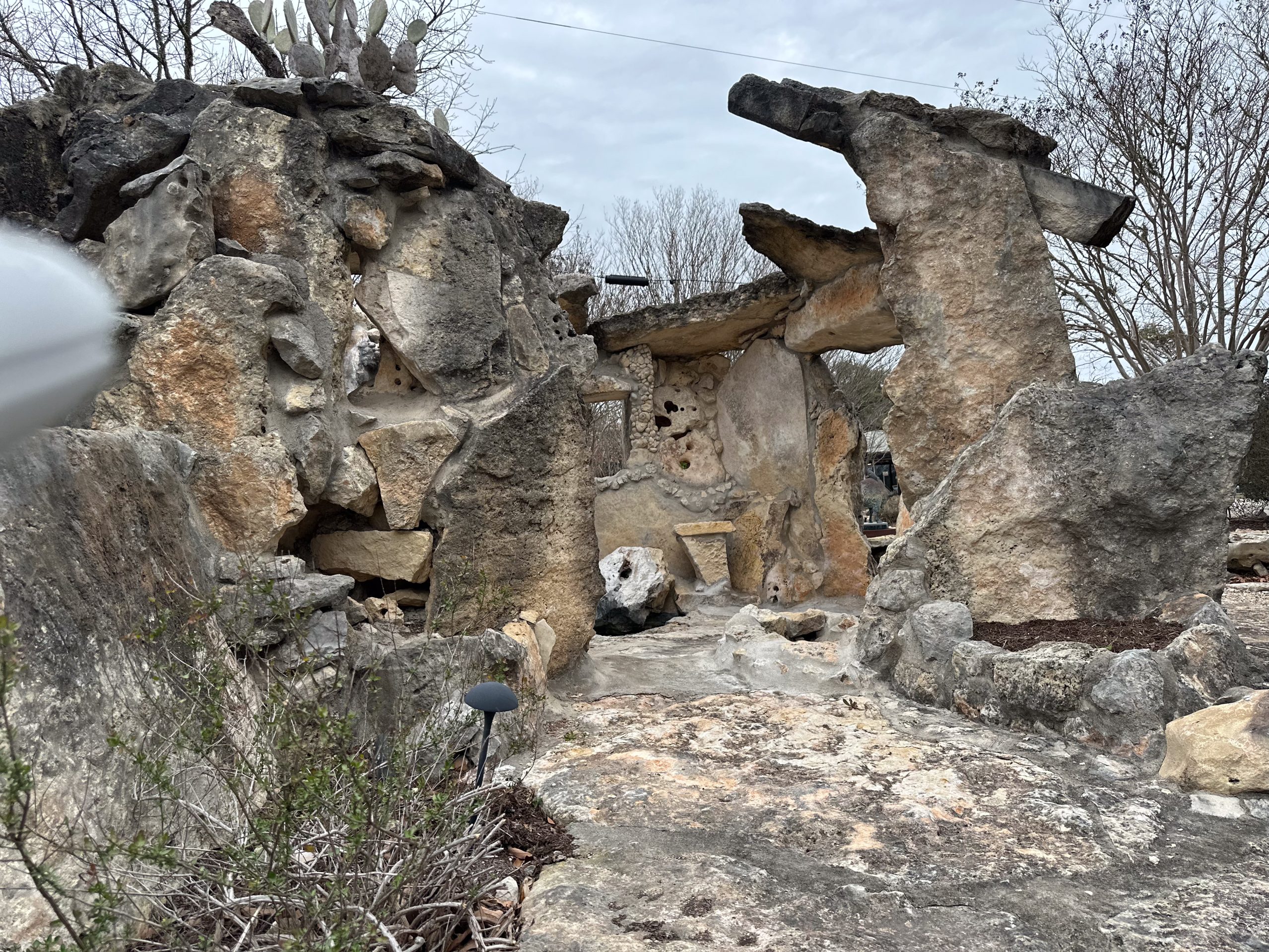
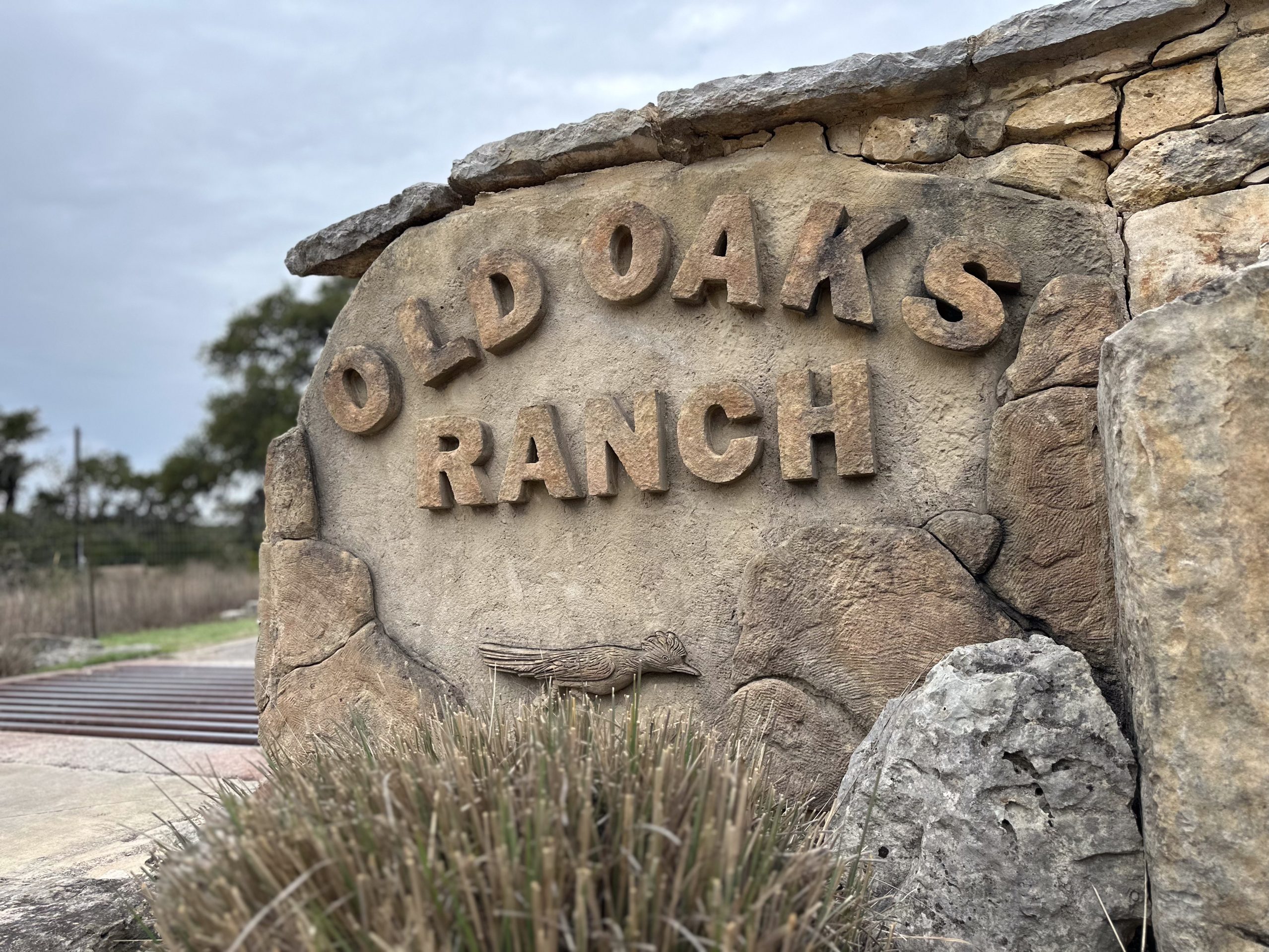

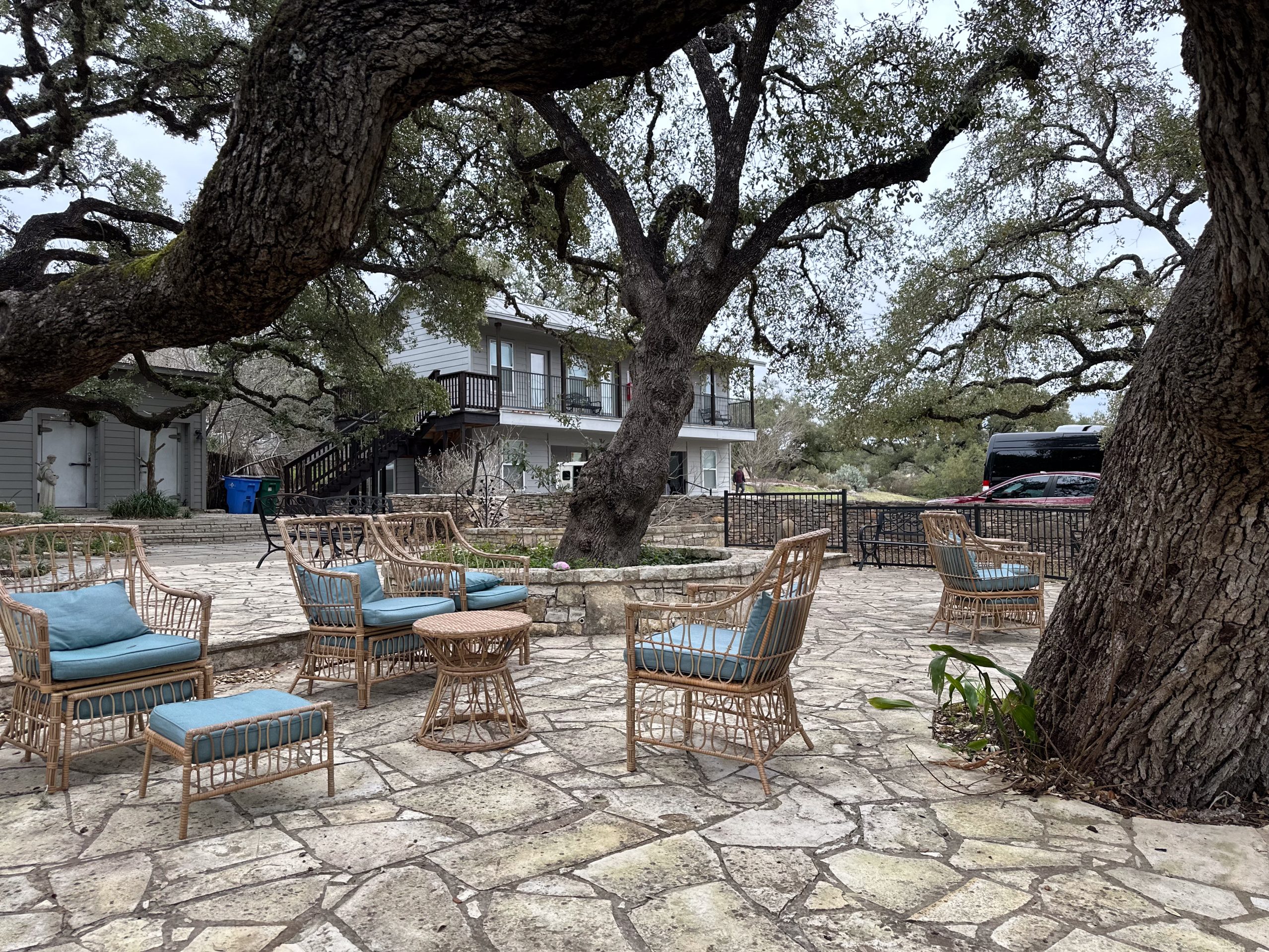
Our Drug and Alcohol Rehab Services in Texas
Freedom Starts Here. Take Back Your Life Today.
Same-Day Admissions in Austin Available.
Nova’s Comprehensive Continuum of Care Plan
90-Day Residential Alcohol and Drug Rehab

Our 90-day residential drug and alcohol rehab in Austin center provides a safe, comfortable, and supportive space for you to heal, learn, and recover. Unlike other 30 or 60-day programs, our long-term rehab program gives you more time to adjust to a new way of living, more time to practice the mental and spiritual tools you will use outside of rehab, and more time to acclimate into a recovery community. This 90-day time span promotes genuine and lasting change for sobriety that lasts long after inpatient rehab ends.
Drug and Alcohol Detox

Our medical detox programs treat all kinds of addictions and are tailored to meet your individual needs. We use a comprehensive assessment to design a personalized detox program that will ensure your comfort and safety throughout the withdrawal process. You’ll also have the opportunity to begin individual and group therapy to address any emotional issues and prepare for the transition into a rehab program. We believe this process provides the best foundation for continued sobriety.
Aftercare Program and IOP

Our Intensive Outpatient and Aftercare programs are designed to assist those who have graduated from our inpatient residential facility. Group sessions are available in Austin and Houston and provide structured addiction treatment sessions and recovery counseling in a safe, clinical setting. The first year of recovery can be difficult, but these support groups provide consistency, accountability, and peer support at a time when it’s needed most.
Sober Living Apartments

The transition from a residential rehab center into independent sober life is littered with obstacles. For this reason, we provide sober living homes and support programming for clients who need continued support as they make the transition. With regular drug and alcohol screenings, one-on-one sobriety coaching, and a safe, comfortable place to practice relapse prevention strategies, our sober living program is key to achieving an independent, substance-free life.
More Time. More Joy. More You. Start Now.
WE ACCEPT MOST INSURANCES









